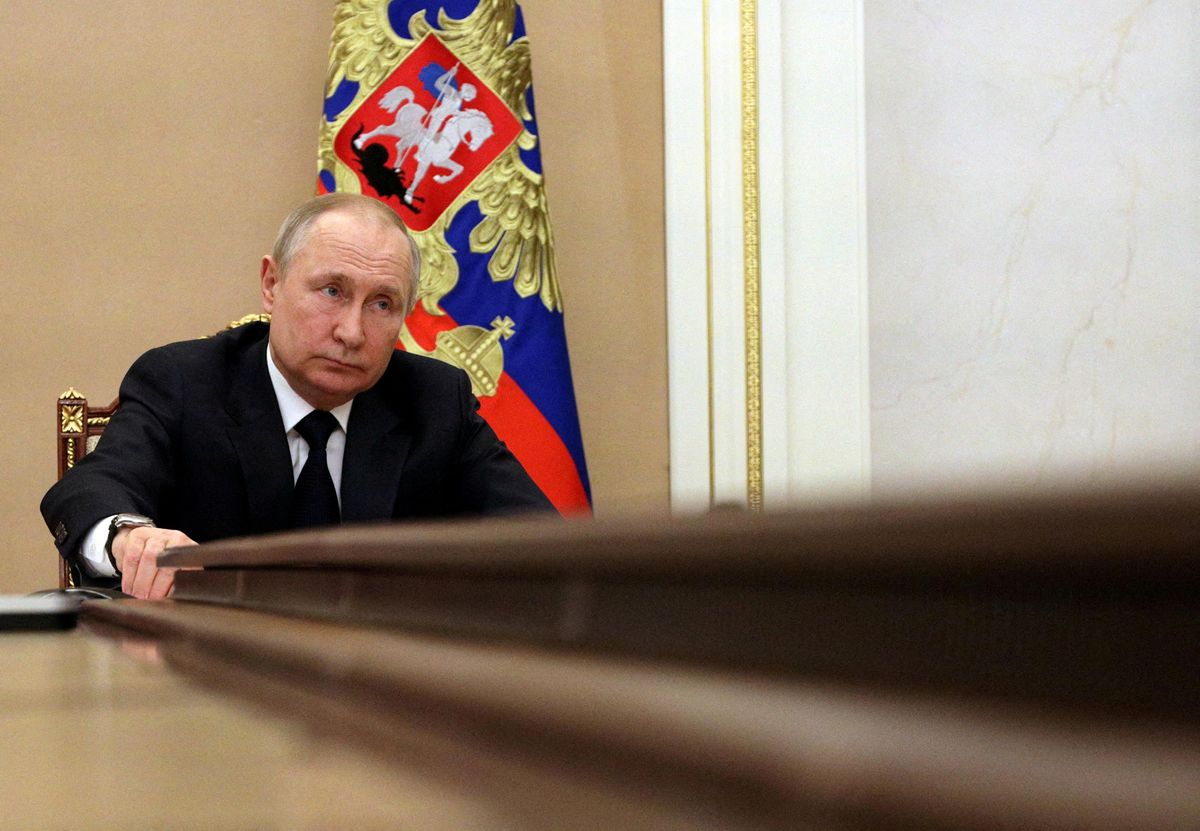A month into Russia’s war in Ukraine, the two sides appear locked in a military stalemate. This grim standoff might last for months. Even if Russian forces can seize Kyiv and other cities, it’s far from clear how they plan to occupy them or to control Ukraine’s western border, a frontier shared with four NATO countries.
A lasting stalemate might pit a Russian occupation force and a government imposed by Moscow against an unruly civilian population and a Ukrainian insurgency armed with more Western-made weapons than Russia can’t contain.
If this conflict becomes a long-term stalemate, who wins?
No one. Some losers are bigger than others, but all the war’s lead players, and even the world’s bystanders, have more to lose than to gain from chronic conflict in Ukraine.
The most obvious loser is Ukraine. Yes, by invading, Putin has given this young democracy a deeper sense of national identity than it’s ever had, and President Volodymyr Zelensky’s government has earned both material and moral support from around the world. But the long-term physical and human damage inflicted by war will take decades to overcome. Even a Ukrainian victory would leave Ukraine in Russia’s increasingly cold shadow.
Russians lose too. Most credible estimates are that more Russian soldiers have been killed in one month in Ukraine than American soldiers who died during the wars in Iraq and Afghanistan combined. Sanctions on Russia are imposing generational damage, and there’s no realistic prospect of Russia healing trade relations with Europe while Vladimir Putin remains in power.
Belarus is in trouble. President Alexander Lukashenko’s willingness to let Russians use his country to launch a war on Ukraine has brought tough Western sanctions, and a long-term insurgency in Ukraine could send fighters and weapons across the border into Belarus in support of those who want Lukashenko gone.
Europe faces rising costs of all kinds. Russia’s invasion has moved Europeans closer to their American allies and to one another. But the long-term expenses of resettling millions of Ukrainian refugees, re-orienting economies away from energy dependence on Russia and boosting their defense spending will come into focus in coming months.
China can’t be happy. This US-European unity has created headaches for Chinese leader Xi Jinping, who hopes to win a long-term struggle with the West in part by feeding transatlantic divisions. Beijing now finds itself supporting an increasingly less valuable trade partner at the expense of relations with the Western commercial powers that have boosted China’s rise.
Nor is the war good news for Washington. The US is taking on fewer war-related costs and risks than the Europeans, and Russia has Democrats and Republicans speaking temporarily from the same set of talking points. But the closer we get to November’s midterm elections, the more Republicans will say that Biden is a weak wartime leader and the more Democrats will play up Donald Trump’s oft-expressed admiration for Putin.
Even India faces new headwinds. The higher costs for food and fuel imposed by the war will make life tougher for millions of people, and the tough task of balancing ties with old security friend Russia and new security friend America will only become more complicated.
In fact, developing countries in every region must worry about higher prices. Russia and Ukraine are leading wheat producers. Russia and Belarus are leading exporters of fertilizer. The impact on food costs, amplified by underlying inflation fueled by the pandemic, will leave millions more hungry people in dozens of poorer countries.
But the biggest single loser is the man who started the war. If Putin hoped for a victory that would inspire his people, impress his friends, and divide his enemies, he’s surely frustrated. A stalemate in Ukraine may well leave him wondering about the calculations and plans of those on whom his survival will depend.Willis Sparks is an expert on global macro politics at Eurasia Group.






